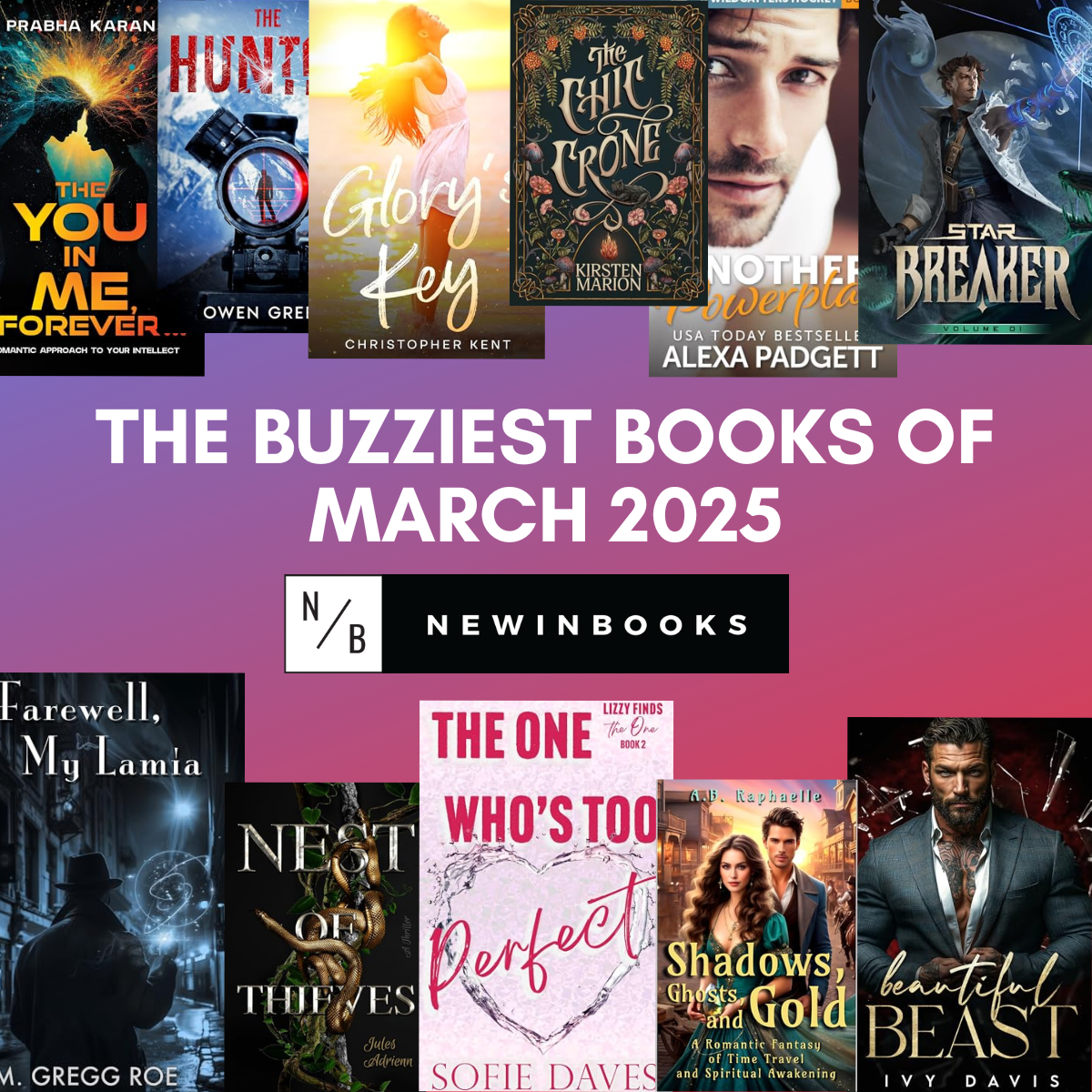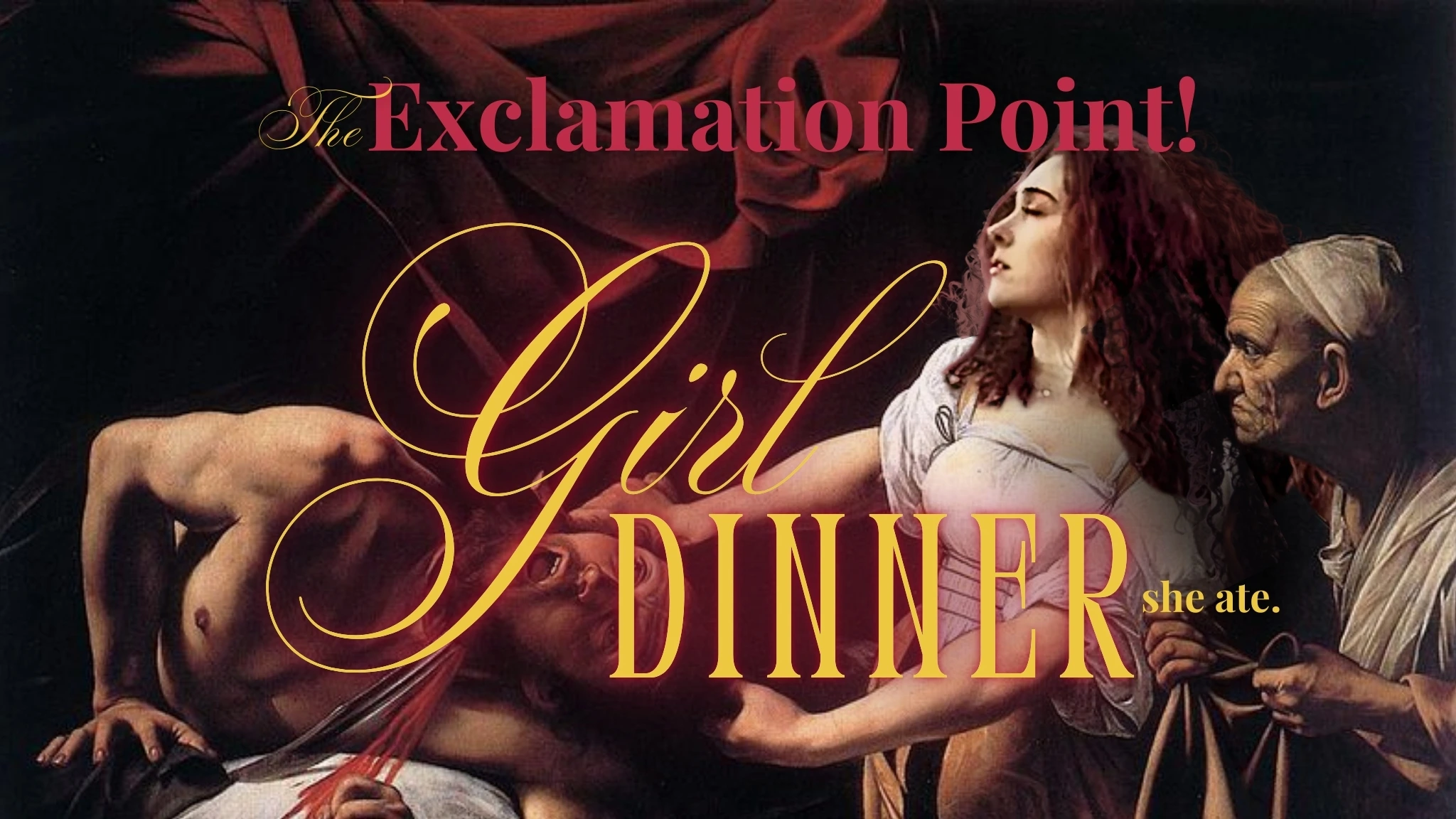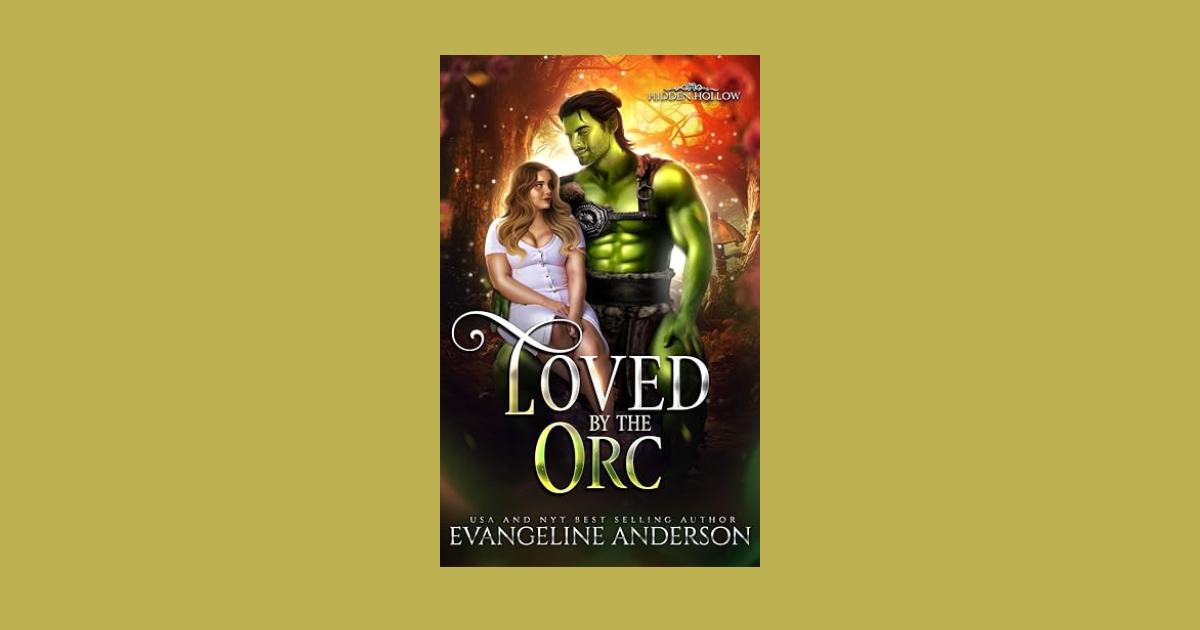
The internet has a lot of questions about death metal so, here, we answer the most frequently asked ones, touching on some crucial history while doing our best to try to reason why someone could ever think this metal subgenre could be bad!
Death metal’s rich history can be broken down into quite a number of eras both in trends and production values, as well as a lot of different niche sub-subgenres — progressive death metal, technical death metal, brutal death metal, melodic death metal, symphonic death metal, old school death metal, slam, blackened death metal, death-grind… you get the point, right?
Known for its brutal sonic values and lyrical content that ranges from violence/gore to Satanic to scientific… quite a lot is up for grabs when it comes to subject matter. Most frequently, it’s associated with violence and Satanism, at least by outsiders who don’t really understand it and act with fear and hesitation amid uncertainty.
So we’re here to lay it all out for the world, from the most committed death metal fanatics to those who still insist on calling guttural vocals “Cookie Monster vocals.”
What is death metal music? / What makes death metal ‘death metal’?
Death metal is an extreme metal subgenre, largely characterized by harsh vocals predominantly in a low/guttural range, but mid-to-high-range shrieks are also present among some of the style’s leaders.
The guitar and bass are usually tuned below E standard to provide a deeper sound that, to many, feels “heavier” by nature. Riffs can be anywhere from intricate and complex to chunky and groovy, with tremolo picking, palm-muting and hammer-ons being some of the most commonly utilized techniques.
Drums are often fast and blast beats are another typically defining feature, but not absolutely necessary (see Obituary and a healthy dose of the early Swedish scenes in Gothenberg and Stockholm).
Since death metal began and as mentioned earlier, there are now many different swaths of death metal and the description above chiefly applies to the death metal style as purveyed in its formative years.
Compared to thrash, death metal doesn’t carry obvious punk influences (punk helped shape grindcore around the same time death metal began kicking about). It can be distilled down to metal influenced by metal.
When did death metal start? / When was death metal invented?
This is a question that has been asked for nearly 40 years and we have not at all come closer to a unified response as a metal community.
Generally, fans point to one or two seminal albums, but we’ll also discuss one more obscure record that tends to gets left out of the discussion.
The earliest death metal can date back to — if we’re pinning it to the release of a full length album, and not demos that had been traded the world over in the years prior — is 1985. Seven Churches is the debut record by Bay Area band Possessed, who, at the time, counted future Primus guitarist Larry LaLonde among their ranks. It certainly helps your claim to inventing death metal if you’re the band who wrote a song called “Death Metal.”
Some contend this record is one of the most extreme versions of thrash there could ever be, but, undeniably, there are elements present that came to define death metal as it broke away from thrash.
Getting most of the credit for launching death metal is Death‘s 1987 debut, Scream Bloody Gore. It, too, was still a bit thrashy, but the chunkier riffing elements and Chuck Schuldiner‘s visceral vocal rasp, alongside some more morbid lyrical themes, left no question that a major new development in heavy metal had arrived.
Arriving just a couple of months before Scream Bloody Gore is Necrophagia‘s Season of the Dead. Of the three, it’s the most unpolished and, unfortunately for Necrophagia, just doesn’t compare.
As history sees it, whoever had the stronger songs wins.
To see what metal musicians themselves think of this debate, watch Loudwire’s 50 Years of Heavy Metal episode, “Who Really Invented Death Metal?” directly below.
Why is death metal called ‘death metal’?
As is the case with a lot of origin specifics in metal’s history, there is no real absolute answer, and it can be traced back to a myriad of things.
Considering Venom wrote a song called “Black Metal” on a 1982 album bearing that same name, it’s not a stretch to imagine that other aspiring musicians playing new and more extreme forms of music, heavily informed by Venom’s own boundary pushing, would think to call something “death metal.”
This scene thrived on tape-trading, where domestic and international pen pals would circulate demo recordings by new bands as different ideations of extreme metal began to blossom in pockets across the globe.
In 1984, Death (then known as Mantas), issued their first-ever demo, Death By Metal, they very same year Possessed put our their debut demo, Death Metal. Each of these recordings featured title tracks, strengthening the connection to this emerging brand of metal. So that covers the east and west coasts of the United States.
Meanwhile, also in 1984, Noise Records issued the Death Metal compilation, featuring a pair of tracks apiece from Running Wild, Hellhammer, Dark Avenger and Helloween. Ironically, none of those bands play death metal by any era’s definition and standards.
PLAYLIST: Early Death Metal (The ’80s & ’90s)
Over 175 songs! Listen/follow here.
Why is death metal so bad?
HEY! WHO SAID THAT?!
Fine, we’ll bite… here’s why we think someone may think death metal — all of it — is bad music.
It’s because you’re a poser. Kidding! Sorry, can’t resist. Okay, for real this time…
This one is actually pretty easy to understand, especially in the case of someone who isn’t a big fan of heavy music to begin with. It’s abrasive. The song structures are often non-traditional and in a lot of instances the only hooks in the songs are lyrics about meathooks tearing people apart.
Where as popular/mainstream music is manufactured to be irresistibly catchy (that’s why you know all the words to songs you hate and never actively seek out, but wind up hearing anyway), death metal presents a significant hurdle. You’re not going to catch a bit, start snapping your fingers, tapping your toes and go, “Hey, that’s a catchy beat!”
Since the lyrics can be difficult to understand, it’s another barrier to entry as it requires more of an investment from the fan who wants to go deeper and read along with the lyrics online.
And the music is just really fuckin’ brutal. It’s as simple as that. Generally, people don’t want to be bombarded with what sounds like 10 movie monsters and infamous battle scenes filtered through the always pleasant sound of the whirling, grinding blades of a garbage disposal.
“People who don’t know this music think it’s just a bunch of noise and it’s really easy to play. That’s totally untrue. You may not like it, but death metal is really complex. You have to have a really fine-tuned ear to appreciate it and a lot of the guys in these bands are incredible musicians,” Cannibal Corpse bassist Alex Webster once said.
Why is death metal so good?
Now this is a great question.
Is it good? It’s better than coffee and weekends. And coffee on the weekend.
Really, it just comes down to whatever music moves you. For some people, that’s death metal, whether it’s low-slung, trench-digging grooves, absurd, mind-bending technicality, claustrophobic, atmospheric density or anything else that gets snagged in death metal’s wide net and winds up rattling around in your brain for the better.
Does death metal affect the brain? / Is death metal good for you?
A 2019 study indicated that heavy metal music is actually good for fans’ mental health.
“Despite the often violent lyrical content in some heavy metal songs, recently published research has shown that fans do not become sensitized to violence, which casts doubt on the previously assumed negative effects of long-term exposure to such music,” professor Nick Perham — a metalhead with a PhD in psychology, wrote in a piece for The Conversation, “Indeed, studies have shown long-terms fans were happier in their youth and better adjusted in middle age compared to their non-fan counterparts.”
He continued, “Another finding that fans who were made angry and then listened to heavy metal music did not increase their anger but increased their positive emotions suggests that listening to extreme music represents a healthy and functional way of processing anger.”
Perham didn’t mention death metal specifically when speaking about heavy metal’s effects, but some extreme metal in general was used when conducting the research.
READ MORE: Is Heavy Metal to Blame for Violence + Satanism? A Psychological Perspective
Do death metal bands make money?
There is no universal answer to this question as it is largely subjective. Yes, they earn money in the most basic literal sense, but whether it can sustain one need’s throughout life is an entirely different matter.
It’s well known that many underground bands are fortunate if they break even on tour, nevermind generate any real meaningful profit.
In regards to whether or not artists can make a living by playing death metal, that also has a number of factors to consider, such as whether or not a musician has children and what type of lifestyle they’re comfortable living.
Despite this, when compared to the financial figures of some of metal’s most popular acts, the tour earnings are rather meager.
For example, in May of 2016, a headlining Cannibal Corpse show in San Francisco which also featured Obituary, Cryptopsy and Abysmal Dawn, yielded gross ticket sales of $26,378 for 1,199 tickets sold. Of course, merchandise sales will add to the total, which will then be offset by touring expenses and other band bills before each member takes home their individual earnings from the tour.
In other words, starting a death metal band is not an ideal get-rich-quick scheme.
Do death metal vocals hurt?
They sure can if you aren’t doing them properly!
Death metal vocals are so much more than “just screaming.”
Imagine going to a sporting event and screaming in support of your favorite team for an hour or two during the game. Now imagine doing that for six to 10 straight days, taking a day off and then going back to that routine for another week-long stretch. And keep doing that for maybe 30 to 40 outings while sleeping in a tiny bunk on a tour bus. How do you think your voice would hold up? The answer: it won’t.
Even in the instances where vocalists aren’t aware of certain techniques they are using, they’re employing vocal tactics that don’t wear down or damage their voices. Many will also utilize a “road voice,” which differs from how they execute vocals in the studio, usually performed at a quieter level with less power/projection, balanced out by a proper live sound mix and amplification.
Loudwire’s popular video series How I Learned to Scream finds a number of extreme vocalists recollecting the mistakes they made when they first started doing this style of vocals.
Below, watch the episode with late The Black Dahlia Murder frontman Trevor Strnad.
Why is death metal so popular in Scandinavia?
Metal in general is utterly massive in Scandinavia.
Norway even recognizes the cultural and worldly significance of one of its biggest exports — black metal — despite the litany of crimes committed by musicians in its early scene.
For bands from countries such as Norway, Sweden and Finland, experiencing worldwide, success in the pre-internet era especially, was a major national achievement. It puts each country on the proverbial map and serves as incredible inspiration to young musicians in either major cities or remote areas that there’s a piece of the world out there that they can claim as well.
An as explored in Loudwire’s 50 Years of Heavy Metal Series, we uncovered one event that served as a sort of big bang moment for what later became Sweden’s early extreme metal scene where melody also played a big role.
Members of In Flames and Opeth both recollect seeing a televised metal festival held in Dortmund, Germany which featured Iron Maiden, Scorpions, Judas Priest, The Michael Schenker Group, Def Leppard, Ozzy Osbourne, Quiet Riot and Krokus.
That’s quite a lot of melodic metal to absorb as a teenager and it clearly had a lasting effect on them as these teen viewers later formed bands and began playing extreme metal.
Is death metal still popular?
You bet!
Death metal, in 2023, is enjoying a tremendous amount of buzz. There’s a new wave of artists making a name for themselves and it’s one of the most exciting periods in the genre’s nearly four-decade history.
Loudwire’s Modern Death Metal playlist below is loaded with new and old school artists all putting out killer new music in recent years.
Are death metal concerts safe?
Every time you get into your car and go for a drive, you’re risking your life.
The point is that almost anything can be dangerous and nothing is truly, 100 percent safe.
The mosh pit is a place where all participants should be aware of their surroundings and proximity to others. Yes, it’s entirely possible you can get injured in a number of ways while moshing, but this isn’t exclusive to death metal pits and risk of personal injury is not resigned to just rock and metal concerts either.
Safety may also depend on how well-trained venue security is, what the crime rate is in the area where the show is being hosted and a limitless amount of other factors.
Who are the Big 4 of death metal?
Unlike thrash, there is no universal consensus on a Big 4 of death metal. Loudwire took a stab at it (see the list linked below) and named Death, Cannibal Corpse, Morbid Angel and The Black Dahlia Murder as the subgenre’s biggest and best representatives.
The outlier there are The Black Dahlia Murder, the only 21st century band among the lot. If you want a Big 4 of classic death metal, swapping them out for Obituary or Suffocation would probably get most headbangers to nod in agreement.
Thrash’s Big 4 is pretty much defined by album sales and that doesn’t really work for a more underground style such as death metal. Commercialism isn’t really in play at all, so it is quite a bit more subjective. In death metal, cred goes a long way.
READ MORE: The ‘Big 4’ Bands of 27 Rock & Metal Subgenres
Can death metal have clean vocals?
Yes, it can and don’t let anyone tell you it can’t!
Sadly, any utilization of both harsh and clean vocals in death metal gets lazily pegged as progressive death metal. Sure, a fair number of the bands that implement this vocal duality in their music are a bit more prog-minded, but calling something prog just because it deviates a bit from the norm is just ridiculous and dually ridiculous if the only determining factor is a melodic vocal part.
Opeth, meanwhile, are genuinely progressive death metal (well, they were until morphing into a prog rock group back in 2011, devoid of harsh vocals ever since).
Death metal has evolved in so many different ways that even clean vocals are now part of the canon. It’s something that might have felt heretical in the late ’80s or early ’90s, but as we trek on through the 2020s, the genre lines are only getting blurrier.
Best Death Metal Album of Each Year Since 1985
Here’s our picks for the Best Death Metal Album of Each Year Since 1985
PLAYLIST: Ultimate Tech-Death
Over 150 songs! Start listening here.






























:quality(85):upscale()/2024/07/29/849/n/1922564/ccbd576766a7ec1c9a9939.03806205_.png)

:quality(85):upscale()/2025/03/27/355/n/1922564/200a549867e4fedbb431f6.99392381_.jpg)



